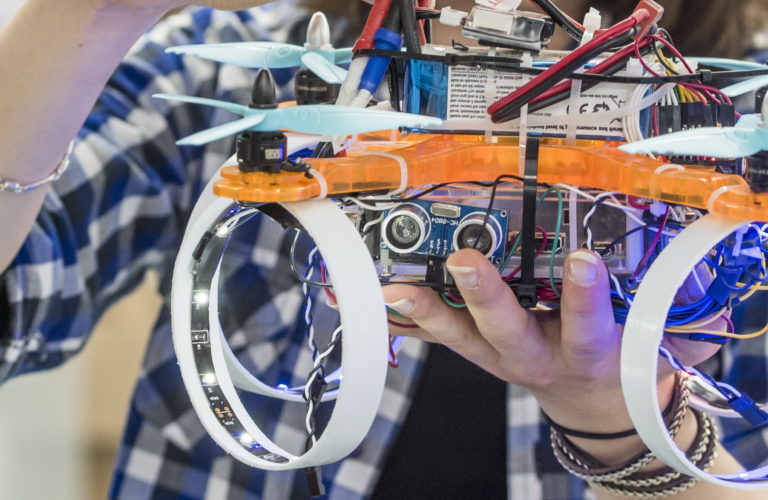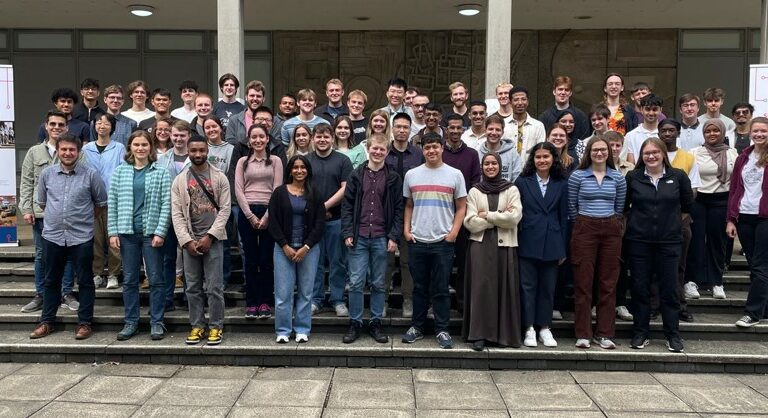Fact. In comparison to other types of engineering, Electronics is relatively unpopular. Analysing the reasons why is at the heart of the challenge for the UKESF.
The evidence is stark. Although the numbers of UK students studying Engineering degrees have increased considerably over the last decade (up 46% overall), the numbers studying Electronic & Electrical Engineering (EEE) have remained stubbornly the same. For example, last year twice as many youngsters started Mechanical Engineering degrees than did EEE. Indeed, there were more starters on Civil Engineering degrees (3,450) than EEE (3,330 students). Computer Science numbers have also seen a massive rise. Now, to be clear, we are not saying that these are bad choices. However, the shortage of Electronics Engineers (especially graduates) means that there are too few engineers and designers to develop the next generation of products and help produce creative technological solutions needed by society.
So who is responsible for this situation?
One hypothesis is that parents are having an influence and are a factor in the choices made by their children. We decided to test this by commissioning a survey of 1,000 parents of secondary school children (ages 11–16) from right across the UK. We are publishing our results in a Manifesto that can be downloaded here. In some respects, the results were as we expected. For instance, a massive 96% of parents said that their children we interested in Technology and 43% would encourage children to pursue careers in STEM. However, we were surprised to learn that they were equally likely to encourage their child(ren) towards Electronics as any other type of Engineering.
So if not parents, then who is influencing children’s choices?
The parents’ responses about the perception of Engineering perhaps offer a clue. On the one hand, Mechanical Engineering is associated with the glamour and excitement of F1. However, we found that Electronics is still associated with images of circuit boards and soldering, so it is probably little wonder we are struggling to convince youngsters. Of course, we know that Electronics is fundamental to pretty much all of the exciting technologies changing our world, from autonomous vehicles though to health care. Therefore, it is clear we need to increase awareness and to promote Electronics. This is the aim of our new national media campaign: Turn On To Electronics. With the help of our friends at Clarity PR we are presenting Electronics in a fresh, new way, making clear the link with Technology. Find out more here.
But we need to do more, particularly at schools. Traditional outreach and enrichment activities are well intentioned but we don’t feel that they alone offer a solution. Rather, we believe that focusing on the curriculum is the key to reaching more pupils effectively
We know that record numbers of pupils are studying STEM subjects at A-level, including Maths, Physics and Computing. However, we know only a fraction of these pupils then go onto study EEE. Therefore, we need to raise the profile of Electronics within these subjects. This is what our ‘Electronics Everywhere’ project, developed with our colleagues at the University of Southampton, is all about. By delivering CPD training in Electronics to Computing and Physics teachers and providing their schools with classroom sets of practical kits, we will enhance the teaching in A-level classes and promote Electronics. Our aspiration is to ensure that we put Electronics Everywhere in every school in the year over the next three years. Find out how you can help here.



